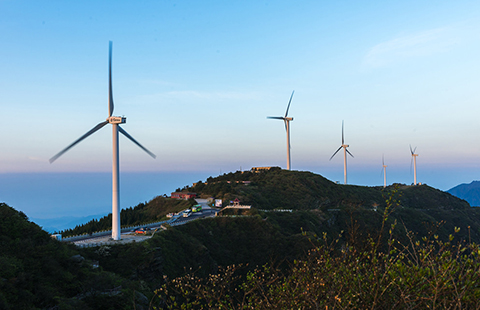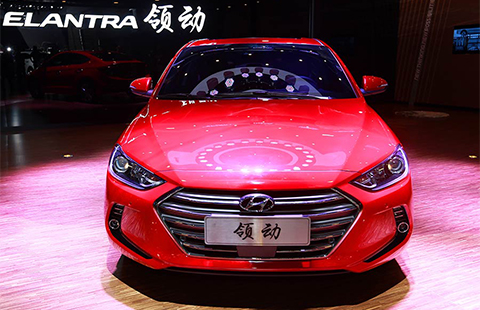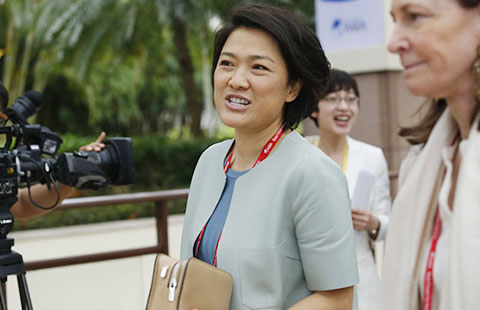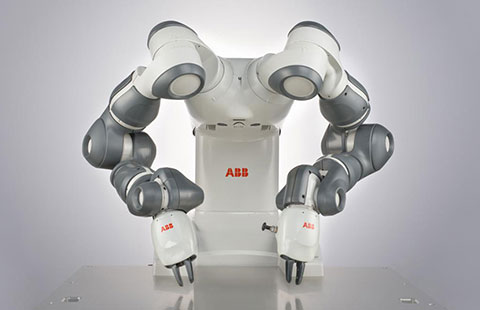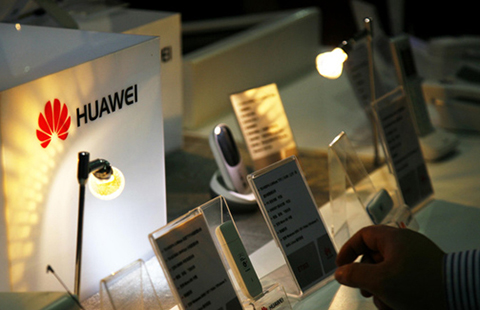Flying high on back of cultural diversity
By Wang Wen and Lu Haoting (China Daily) Updated: 2015-11-27 07:56
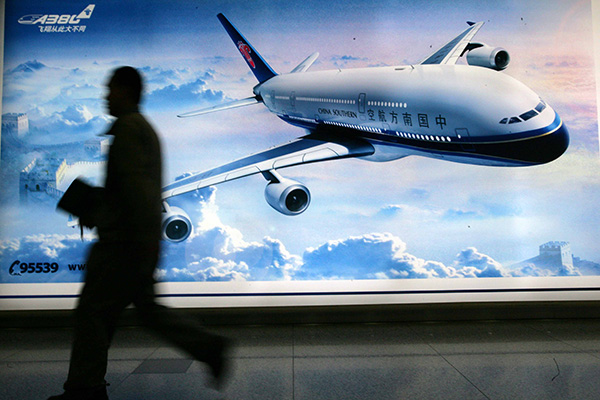 |
|
An Airbus' A380 advertisement at the Beijing Capital International Airport. [Photo provided to China Daily] |
"To you from China, it looks like a small location on the map. But in reality, in Europe alone we have plants in four countries with different cultures and different expertise. Such experience is very useful when we have partners in China or in other countries," Bregier said.
"When we manage to align these cultures and integrate the people to make sure everybody would contribute to the success, we become very strong," he said.
Bregier spoke to China Daily recently about the company's business and partnership with Chinese manufacturers. Following are edited excerpts from the interview:
Boeing plans to build a completion center for B737 in China. Do you see competition between you and Boeing becoming stiffer in China? What are your advantages?
Beyond the quality of our products, our strength in China is that we have established, especially since 2005, a very strong industrial partnership.
We were the first and the only one to have a final assembly line in Tianjin. The assembly line is much more complicated than just equipping the cabins of single-aisle aircraft, which are pretty basic. We have delivered 250 Chinese-assembled aircraft from Tianjin.
Last July we also extended the successful partnership to a completion center for cabins of wide-body aircraft.
This one is also very complex, because wide-body airplanes fly longer distance and the cabins are much more sophisticated.
The facility helped support our commercial ambitions and our market share has risen in China. We now have more than 1,200 Airbus aircraft flying under Chinese operators.
Our market share has reached 50 percent from just 25 percent 10 years ago.
How do you maintain a healthy relationship with your Chinese partners, who are also your potential competitors?
You have to accept that one day there would be a strong Chinese competitor, because this market is growing and we will face more competitors than just Boeing.
COMAC (Commercial Aircraft Corp of China) is a competitor, but we partner with them on generic topics, like aircraft management and new alternative fuels. There's no contradiction to do this.
We have to decide on which segments we partner and on which activities we decide to compete. At the aircraft level, we compete, and we would not support our competitors to develop aircraft. But at equipment level, or regarding some design or development of cabin equipment, we are very pleased to do it with Chinese companies.
- Alibaba on the media acquisition trail again
- Searching for the right overseas shopping deal
- Black Friday becomes a global event
- Lanzhou noodles pull in big business at lunch time
- Free trade reform 'could be widened' in right time
- Startup company aims to place smart robots in every home
- Black Friday opening doors to Chinese shoppers
- China, Russia plan bullet train joint venture
